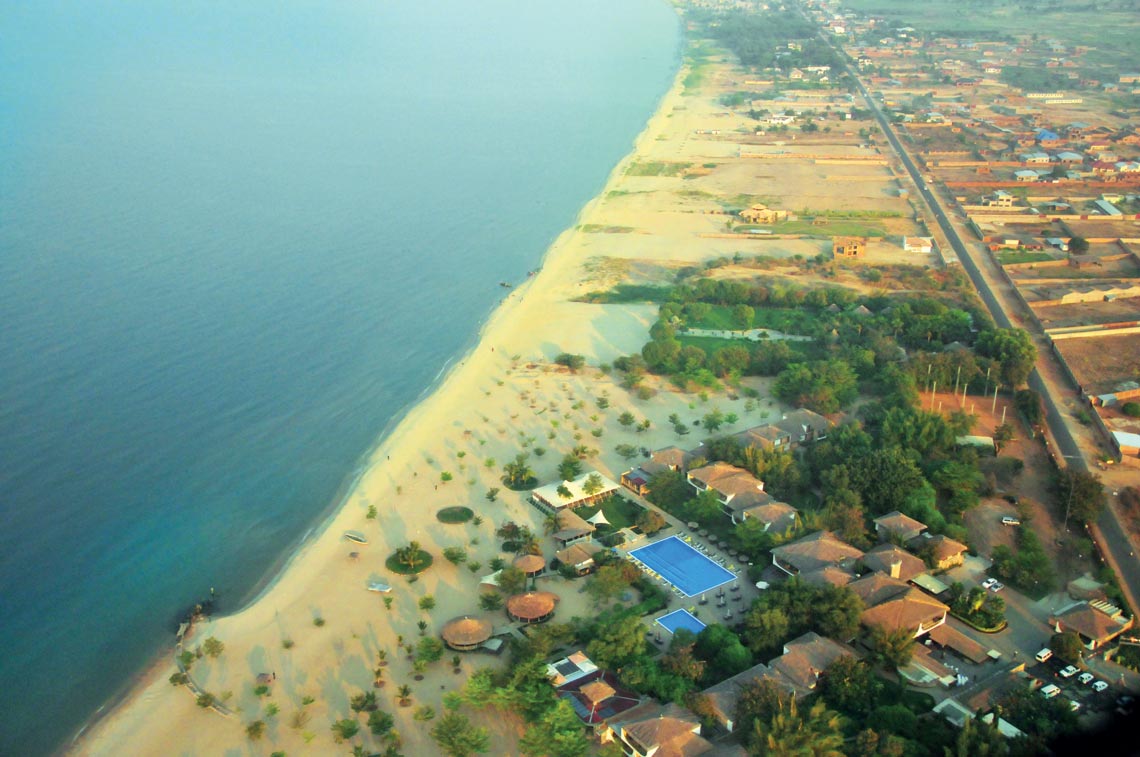Market Research in Burundi

Key Industries
Burundi is a landlocked state in the Great Lakes Region of East Africa. It shares borders with Rwanda, Tanzania, and the Democratic Republic of the Congo. Burundi’s main exports include coffee, tea, and sugar, and most of the population works in agriculture, the central pillar of the Burundian economy. Agriculture makes up a third of the gross domestic product (GDP) and 60% of Burundi’s exports.
The agricultural and mining sectors capture the majority of foreign investment. Burundi has international support for its agrarian policy. Its ongoing construction of hydroelectric dams is also popular. The generation of geothermal, wind, and solar energy has great potential.
Trends
The world is showing an increasing interest in the development of rare earth production. More quantitative research efforts are underway on its untapped mineral deposits. The greatest of these are copper, cobalt, and nickel. Other natural resources like petroleum are likely profitable.
Benefits and Strengths in the Market
Burundi has excellent connections in the African markets. Its geographical location positions it as a regional commercial hub. It has not yet taken advantage of its convenient location, but it has access to several neighboring countries.
It is a member of many free trade agreements on the continent. These include the Central African Economic Area, the East African Community, and the African Continental Free-Trade Area. It also has Agreements with the United States and the European Union.
A decline in foreign aid since 2015 has caused difficulties for Burundi’s economy. This loss of external resources has resulted in lower growth. The shock of the COVID-19 pandemic has worsened the situation. The economy is not diversified and is too dependent on volatile world coffee prices.
The population is growing. Thus, the government has sought to meet the surge in demand for social and consumer goods. Their focus has turned to stimulate internal resources. Yet, a significant gap still exists in the market for locally-produced manufactured goods. Public services make up 25% of Burundi’s GDP.
Neighborhoods
Bujumbura is the economic capital city of Burundi. It sits on the shores of Lake Tanganyika. Here, Tutsi and Hutu ethnic groups coexist alongside small immigrant populations. Expats are usually Europeans and South Asians. A lingering European influence is evident in the buildings in Bujumbura (formerly Usumbura), a remnant from its days as a colonial capital.
The mix of cultures gives the city a cosmopolitan flair. Visitors can enjoy fantastic French cuisine, with excellent food and drink and the nightlife scene is attractive. Art lovers can visit The Living Museum of Bujumbura, a zoo and museum. The Living Museum is one of the best in Africa, with both ancient and modern crafts on display.
Rohero I, home to Jardin Public (a large park), is one of the safest neighborhoods in Bujumbura. Many Bujumbura residents relax in this green space and enjoy the country’s warm climate. Another more exclusive suburb is Kiriri, the presidential neighborhood which overlooks Lake Tanganyika.
Consumer Base
Burundi’s youngest generation will grow into an educated workforce. The Gross Enrollment Rate of primary education has exploded compared to twenty years ago. Most of the country speaks Kirundi, the first official language, as well as French. In the coming years, consumers will seek more online services. The broadband internet market is untapped. With fiber optics installation, e-admin and e-banking opportunities will arise.
Reasons to Grow Your Business in Burundi
The government shows a vested interest in improving the business environment in Burundi. It aims to surpass its low ranking at 116th out of 190 economies (Doing Business 2020). It has enacted a new investment law, which grants foreign investors similar rights to domestic ones. Investors enjoy few limits on ownership and control, as well as limited screening.
About Market Research in Burundi
For discerning shareholders, there are many investments available in Burundi. With focus groups and surveys, investors can gain essential insights into hot industries. Such insights can prove priceless. Strategy research on manufacturing industries can result in critical assets for quantitative analysis. There are many opportunities in manufacturing because the food products processing, building materials, chemicals, and textiles industries are few. Burundi imports the majority of manufactured consumer goods. Hence the government is turning to foreign investors to fill the gap.


